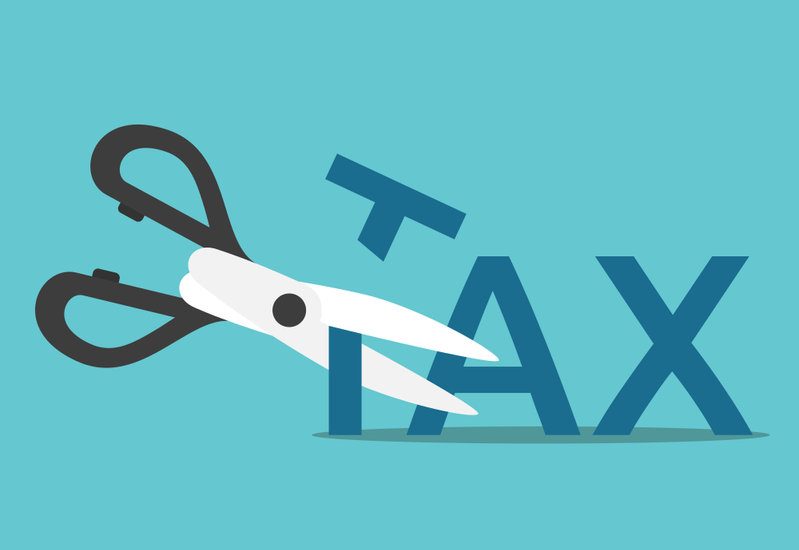Tax season is officially over. If you are unfortunate like me, you have to pay taxes to the IRS each year. No matter if it’s a couple hundred or a couple of thousand, it always hurts. While taxes go to programming and infrastructure, it feels better in our pockets. Most of us would love to decrease our tax bills and keep more of our hard-earned money. So what can you do about a high tax bill? Plenty. Follow along for some legal, easy, and advantageous ways to save money on your taxes!
Tax Advantage Accounts
The easiest way to limit your tax liability is to make use of tax advantage accounts. Tax advantage accounts allow you to defer some of your pre-tax earned income. This makes your taxed income amount less at the end of the year. Less earned income equates to fewer owed federal and state taxes. There are many types of tax-advantaged accounts out there. Some of the most well-known ones are in benefit packages for employees. These accounts include the 401k, HSA, FSA, and traditional IRA. Not only will these accounts decrease your tax liability, but they will also come in handy during your retirement.
Education
You can also start stashing money away for you or your child’s education. The earlier you save, the easier it will be when it’s time to head to college. You can start funding a qualified tuition plan (529). Such plans are sponsored by your prospective state and allow for up to a $15,000 yearly contribution without dipping into the gift tax exemption. Money saved under a 529 plan can be deducted from state income tax. Earnings on your investments within the plan are tax exempt as well if used for qualified educational expenses. If the beneficiary of the account opts out of college, you can transfer the funds to someone else with no hassle.
Check Your Return
Aside from stashing your money away, you need to check your tax return. Hunt for deductions that you qualify for. If you are not sure, read up on the deductions offered and their requirements to see if you are eligible. If you have a home office and legitimate business, see if you have a home office deduction. In some states, you can even qualify for deductions for owning solar panels and electric vehicles. If you don’t have any deductions this year, use what you learned and apply it to next year.
Now that you have learned how to save on taxes, watch the posted video and leave comments below.
Read More
Top 6 Advantages of Hiring a Tax Relief Firm
The Importance of Financial Record Keeping for the Upcoming Tax Season
How to Get Started Saving For Your Future

Shatel Huntley has a Bachelor’s degree in Criminal Justice from Georgia State University. In her spare time, she works with special needs adults and travels the world. Her interests include traveling to off the beaten path destinations, shopping, couponing, and saving.
